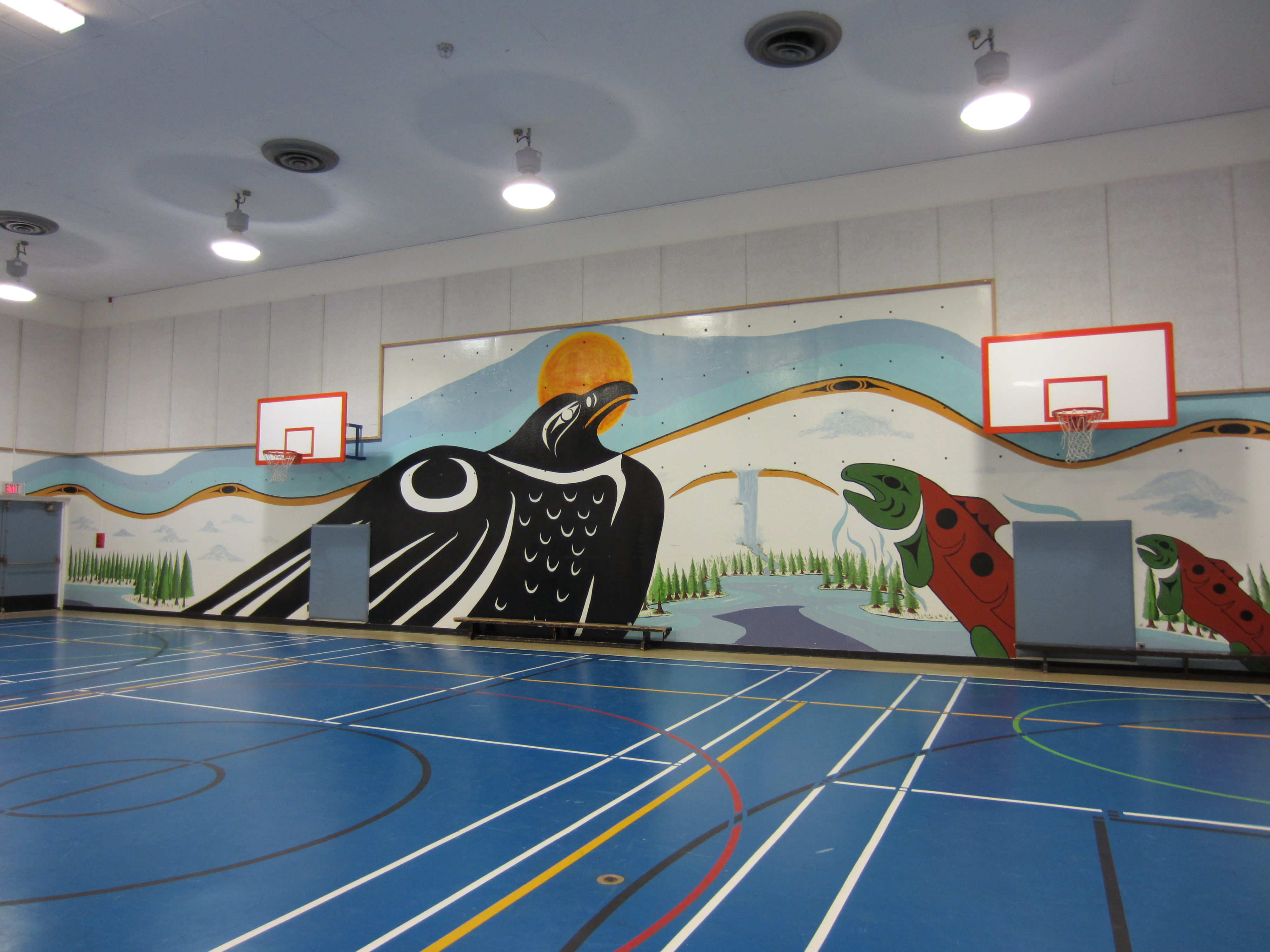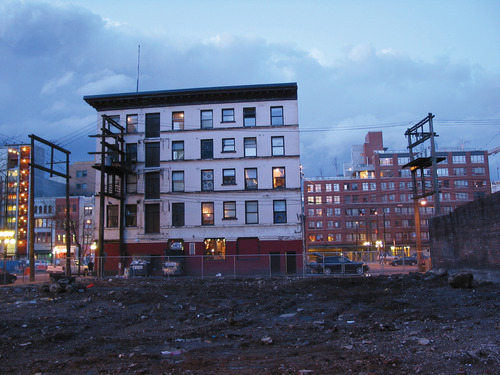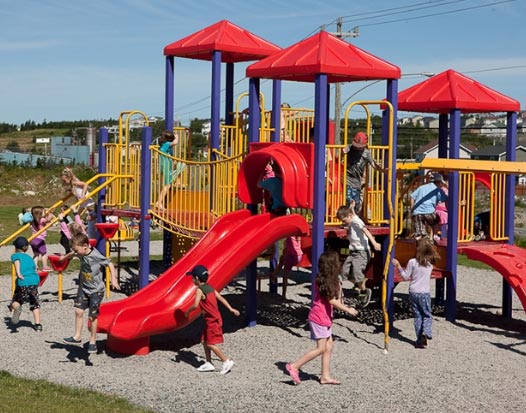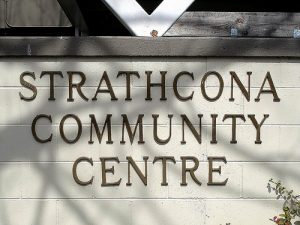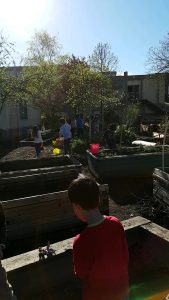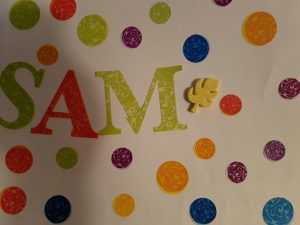What is ASA/ What is its Role in the Community?
The After School Adventures program, located at the Strathcona Community Centre, provides a safe environment for children from ages five to twelve to attend after class. Being a community part of the Downtown Eastside, Strathcona faces various challenges of housing, alcohol and substance abuse, unemployment and development pressures. Majority of the residents are low-income, resulting in a problem of eviction, as well as community shelters turning away people due to their limited capacity. Living in Vancouver, one of the most expensive cities to live in in the world, this issue also contributes to the rise of others, especially regarding child poverty.
The 2015 Child Poverty Report Card States that the highest number of child poverty rates are situated in Vancouver’s Downtown Eastside, with of rate of seventy-percent. As a result, ASA not only provides parents a resource to watch their children when they cannot, giving a space for at-risk children to go afterschool, but it also provides the children a healthy and safe environment to explore different activities, and consequently promoting self-growth. The program balances healthy eating, with physical activity, as well indoor crafts ranging from crayon art to literature. In addition to providing the support that some children may lack, the ASA also provides healthy snack options that for some children may be their only meal of the day.
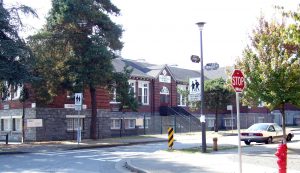
Source: “Lord Strathcona School” Wikimedia Commons. 2012. Web 20 Apr. 2017. https://commons.wikimedia.org/wiki/File:Lord_Strathcona_School_02.JPG
A Day at ASA
3:00pm – 6:00pm
The children are divided by age. The primary children are grouped into two groups – ages five to six together, and ages seven to nine together – while the intermediate children are grouped ages nine to twelve together. The day starts off at 3:00pm with an afternoon snack prepared by the staff. As a volunteer, your main role is to assist the staff in giving out food, or keeping the younger children in their seats during snack time. After snacks, the rest of the time is dedicated to playing with the children, whether it be indoor crafts, taking them to open gym hours, or playing outside on the playground! You really have the freedom to do whatever activity you wish to do, although it definitely gets overwhelming at times to manage and allocate your attention to multiple kids .
On your first volunteer day, if you can, it would help to go a little bit earlier to familiarize yourself with the space, as well as get to know the staff a bit. Unfortunately I was not able to come earlier, and seeing it was the Halloween weekend, I was thrown into the mix of children going to the gym for the Halloween Fair. Trying to befriend the children was definitely a scary experience, and if you feel that it becomes too much, my advice is to ask a staff to introduce you to someone – trust me, once you really get to know one, it becomes a lot easier to go about the activities, meet the other children, and really get involved in the program.
My Experience
Being a Trek participant has definitely been an extremely rewarding experience. It has allowed me to expand my viewpoints and understanding of the community around me. Being from around Vancouver, and having volunteered in various programs and organizations around the city, I would undeniably say that Trek has allowed to me further understand the social issues that plague the city in and interactive way, one that has ultimately lead to many connections, to both the staff as well as the children, that I am extremely grateful for.
Getting to know the staff, and the running of the program was one of the most eye-opening experiences for me this year. One of the organizers for the program talked about both the positives and negatives of running under a neoliberal government – a concept that will be heavily covered in Sociology 100 with Dr. Kerry Greer, and one personally, I did not have a real grasp on its outcomes and impact in the society until I was integrated into the Trek Program. It was interesting to see the issues that she talked about, such as that even with subsidization and government funding “the ASA program still continues to run at a deficit”. This lack of funding is evident in the various makeshift and run-down equipment throughout the center.
Furthermore, this also leads to a larger staff per child ratio. Often times, especially when the staff is busy, and you are the only one around to really engage with the children, you’ll find that multiple children will be fighting for your attention. I found that during these times it is very difficult to allocate my time so that each child feels that they are getting the attention that they deserve (if a child does start crying, my recommendation: distractions, distractions, distractions!)
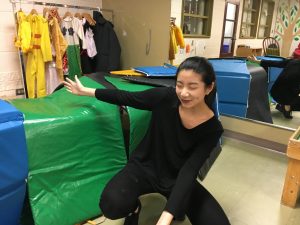
Children also love building forts! (and crawling into any small space that they should not)
So although you may feel at times that you are doing nothing, and that your presence can easily be replaced, trust me when I say the connections that you make with the children, and the feeling that you get when they run up to you in uncontrollable excitement, is indescribable.
Things to Consider
This placement, however, is one of the longer placements, especially with the added in commute time. The program runs from 3:00 pm to 6:00 pm, which means if you are commuting from UBC, realistically you will have to dedicate an hour each way for bus time, making it a 2:00 pm to 7:00 pm dedication. My recommendation is to schedule your placement on a Friday, making it less stressful that having a five-hour commitment in the middle of the week when other assignments may be due the next day.
I would also recommending eating a bit before your shift, especially if you had class in the morning, or a really long week, and all you want to do is sleep after your last class on a Friday afternoon. It definitely gives you more energy through the shift, and more energy to focus on the children (especially when it is their snack time!)
Also, during the winter, wait for the bus downtown can be frustrating, especially when full buses go by you. I would highly recommend dressing extremely warm for the weather! Layers upon layers, gloves and scarves!
Overall I highly recommend the Trek program! Don’t be scared of losing the opportunity to write a research paper (trust me, there will plenty more to come!). Get out, learn, and explore the city!
All the best!
Maya
Works Referenced
First Call BC. “Child Poverty in Metro Vancouver” Fact Sheet. Family Service Toronto. Toronto. N.p., 2017. Web. 2 Apr. 2017.


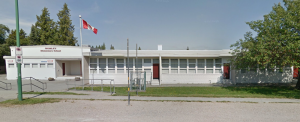 To start off I’ll give you some background information on my placement.
To start off I’ll give you some background information on my placement.
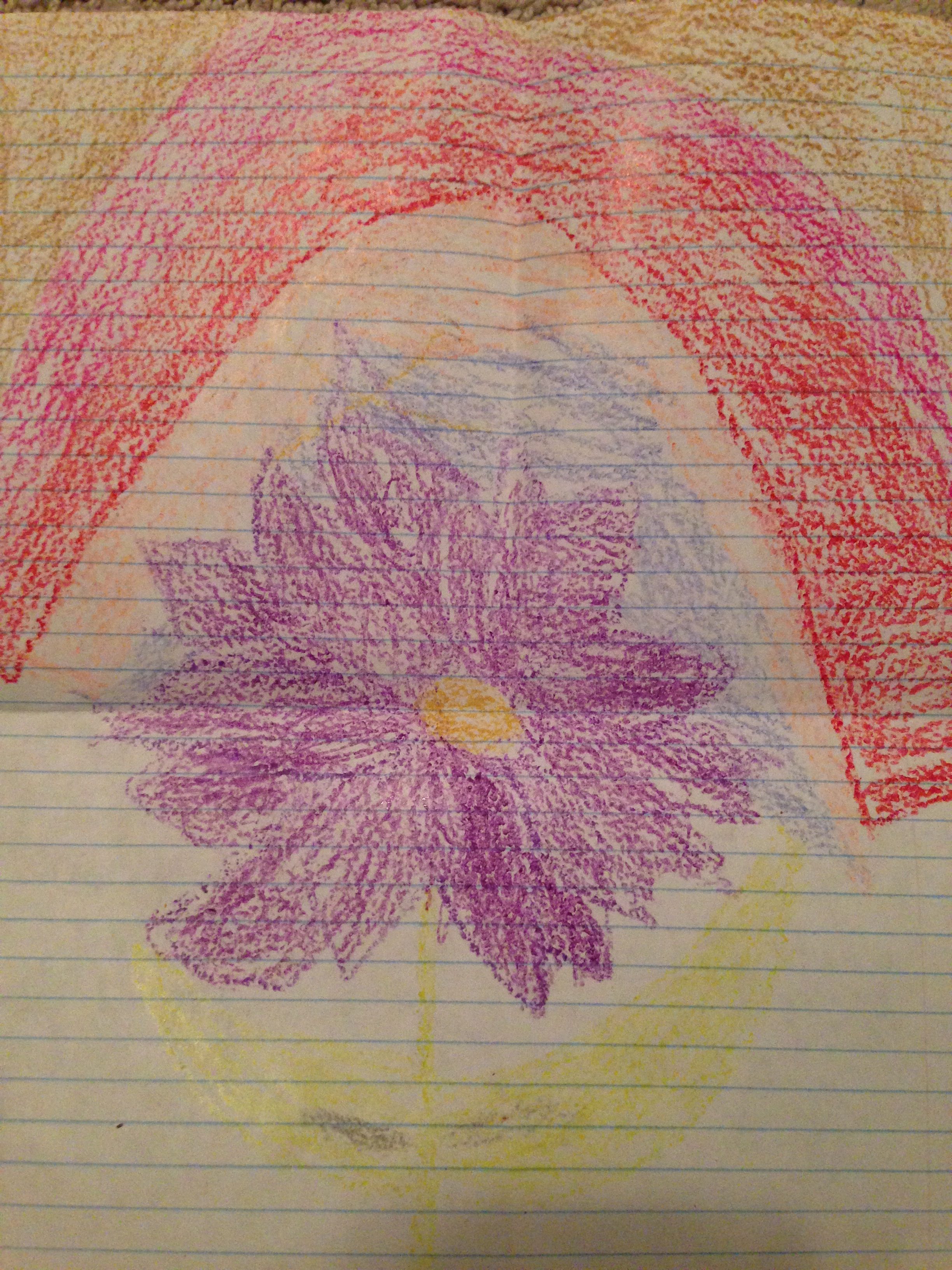
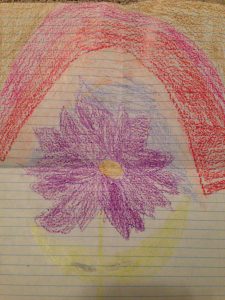
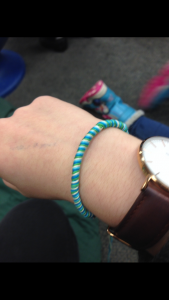
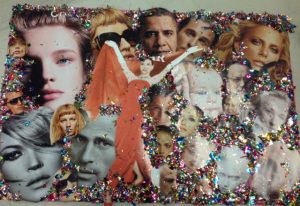






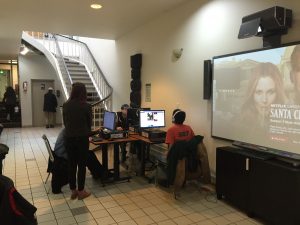 I was working in the dropping-in program. Drop-in program is a program that allow residents of this community to have a access to internet and have a chance to use this new technology. Most of the residents coming to this program are not so good at using computers. So they will run to different problems when they are using computers. We also serve free coffee and tea. It also gives residents a chance to communicate with others. They will chat and read newspaper in this program. This whole program holds in the lobby of UBC Learning Exchange. My job is helping arrange the schedule of using computer and help to clean up cups at the end. At the same time, I also help residents to solve some simple computer problems.
I was working in the dropping-in program. Drop-in program is a program that allow residents of this community to have a access to internet and have a chance to use this new technology. Most of the residents coming to this program are not so good at using computers. So they will run to different problems when they are using computers. We also serve free coffee and tea. It also gives residents a chance to communicate with others. They will chat and read newspaper in this program. This whole program holds in the lobby of UBC Learning Exchange. My job is helping arrange the schedule of using computer and help to clean up cups at the end. At the same time, I also help residents to solve some simple computer problems.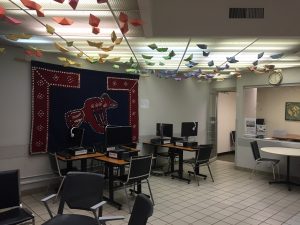 tor suggested him to give up playing guitar at least for a year. Then he answered “If I can’t play the guitar, I would rather broke my arm.” This really touched me. Later I known that he had his own live at a hall in the community.
tor suggested him to give up playing guitar at least for a year. Then he answered “If I can’t play the guitar, I would rather broke my arm.” This really touched me. Later I known that he had his own live at a hall in the community.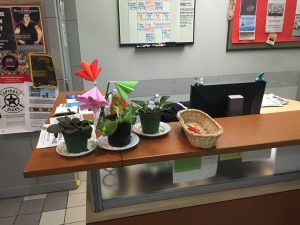 Trek is really a wonderful experience for me. It gives me a chance to get out of that university and get into society. As an international student from China, I had never seen this side of western countries. It is also a good chance for me to know the western society in the round. It helps me to break out of the boring schedule of keeping study. For my first year university life, Trek is really an important part. Through the course I took in the first year, trek program gives me chance to using what I have learned in to real life. And it also help me to understand my sociology class much better.
Trek is really a wonderful experience for me. It gives me a chance to get out of that university and get into society. As an international student from China, I had never seen this side of western countries. It is also a good chance for me to know the western society in the round. It helps me to break out of the boring schedule of keeping study. For my first year university life, Trek is really an important part. Through the course I took in the first year, trek program gives me chance to using what I have learned in to real life. And it also help me to understand my sociology class much better.